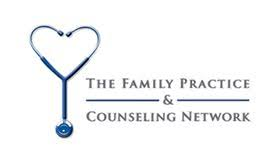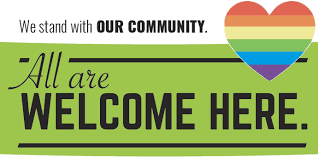Tackling the Barriers by Kaela Barna
As a Health and Benefits Advocate at Family Practice and Counseling Network (FPCN) Abbottsford Falls, I frequently work with people from complex backgrounds and in difficult situations. Thus, my knowledge and creativity are constantly tested when I’m helping patients through the maze that is the public assistance system. If there is one thing that I have learned during my time here, it is that the system is not an easy one to navigate, and for many of the people that I work with, there are many barriers that stand between the patient and the assistance that they need. I am lucky in my position to act as the connecting piece between these patients and the public assistance set up to help them, piecing together the intricacies of the their life with the rules and demands of the County Assistance Office. With the sanctity of the patient’s health on the line, the stakes are high. 
The disconnect between the low income population and County Assistance Office is evident. The vast majority of the population that we see at our Health Center are low income. Many have difficult and confusing lives, where the focus is set on providing the necessary resources for their family, while things like healthcare are being put on the backburner. Further, there is a lot of frustration within the Philadelphia community when it comes to receiving benefits such as Medicaid and SNAP (food stamps). Many feel that they are on their own and not receiving any “help” from an office that is supposed to be set up for exactly that.
So why does this gap exist? To put it simply, there are often an extensive amount of barriers that prevent the patients I see from accessing needed services. These barriers can come in many different forms. It may be knowledge barriers - the patient does not know what is out there, what they are eligible for, how to sign up, or who to contact for help. It may be physical barriers - the patient does not have access to a computer, a phone, or to transportation. It may be in the form of mental and emotional barriers where patients fear being denied, stigmatized, or suffer from a mental health condition that prevents them from reaching out for help or keeping up with their responsibilities. I have seen problems with language barriers where patients can’t access resources in their native language, or can’t read or write at all. Most frustratingly, I have worked with many patients who have been wrongfully denied, told that they’re not eligible, been pressured out of appealing, and all-in-all have been made to feel hopeless in the process of applying for benefits.
I feel grateful to be in the position that I am because everyday I am able to help make the complex lives of our patients a little bit easier. By FPCN being a Federally Qualified Health Center, a community-based health center that provides services regardless of the patient’s ability to pay, they are able to provide comprehensive care to their patients by integrating many different aspects of health under one roof. It makes care more accessible this way, acting as a one-stop site for almost everything that patients may need for their well-being. I am just a small piece of this structure, but the help that I provide through health insurance outreach and enrollment assistance is lasting. Through education, motivation, outreach, and advocacy I am able to help patients to get the health insurance and benefits that they deserve. By guiding them through the process to get the this coverage, I can help to increase their ability to access healthcare beyond the walls of FPCN, as well as alleviate the complexity of their lives. It has been an eye-opening experience thus far, and I’m excited for the coming months as I continue to help improve the health of others.
